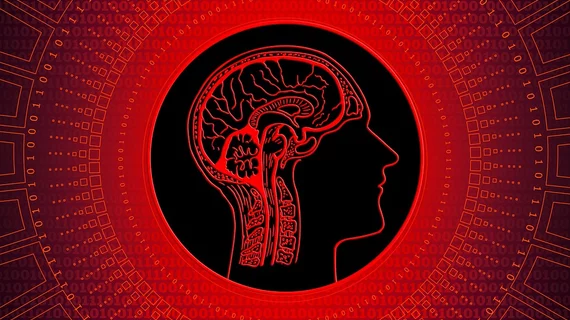Vatican, Microsoft look to address AI ethics
The Vatican and Microsoft are offering a nearly $7,000 prize for an international competition that aims to promote ethics in AI, according to a report by the Associated Press.
The winner of the competition must be able to successfully defend a dissertation on ethical issues involving AI in order to receive a $6,900 cash prize and an invitation to Microsoft’s headquarters in Seattle.
Several organizations are embarking on similar efforts that focus on the ethics of AI. According to the report, AI will be the theme of the Vatican’s Pontifical Academy of Life’s 2020 plenary assembly hence it’s interest in the matter.
Earlier this year, Facebook awarded $7.5 million in initial funding over five years to help establish an independent research center focused on the ethics of AI. The center will explore ethical issues surrounding AI, including transparency in medical treatment cases and human-AI interaction.
Last December, the University of Guelph in Ontario, Canada launched its Center for Advancing Responsible and Ethical Artificial Intelligence (CARE-AI). That center aims to address the ethics of AI and build "machines with morals," focusing on applying the technology to several industries, including human and animal health, environmental sciences, agri-food and the bio-economy.
To read the report, click the link below.

